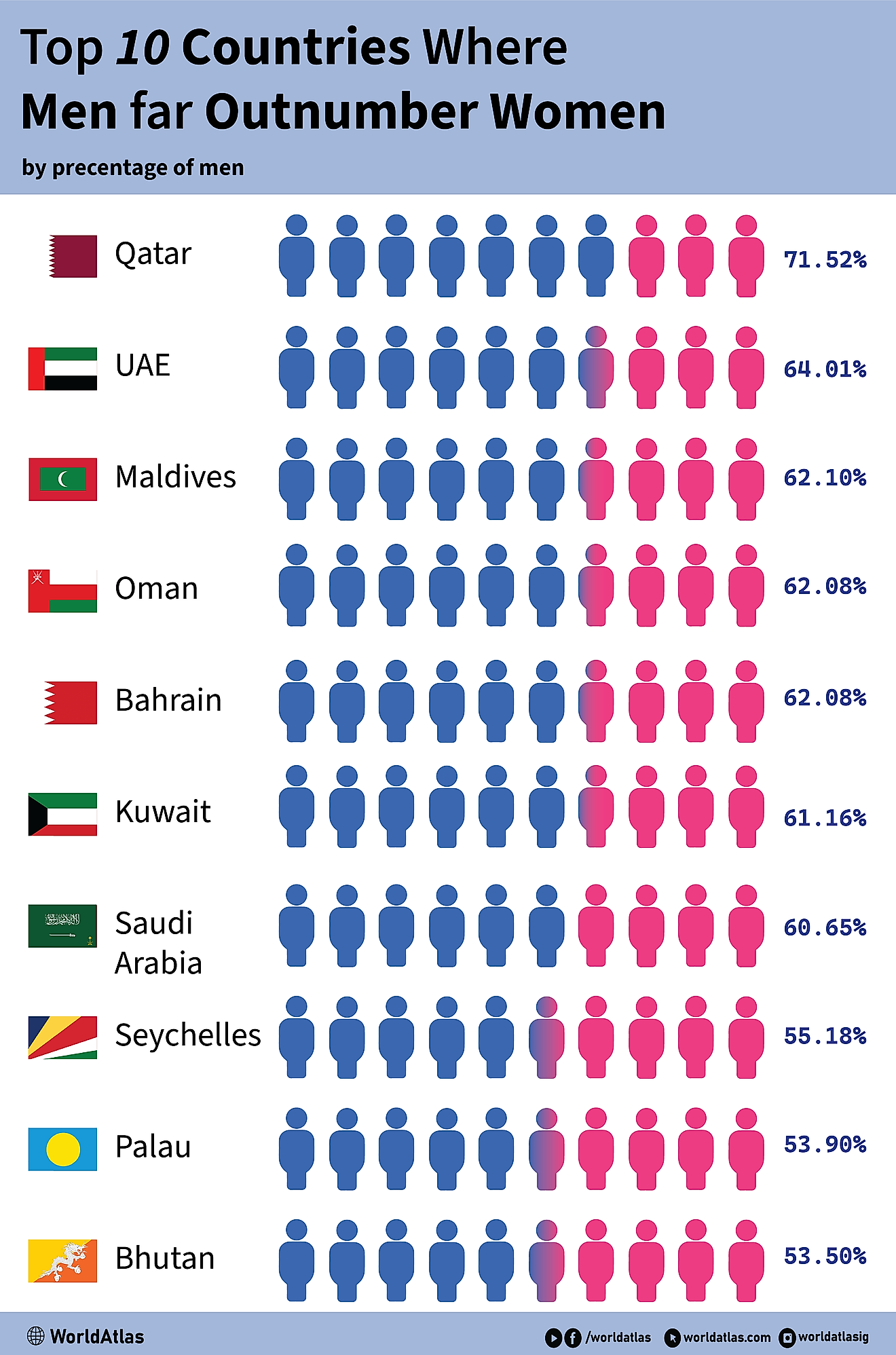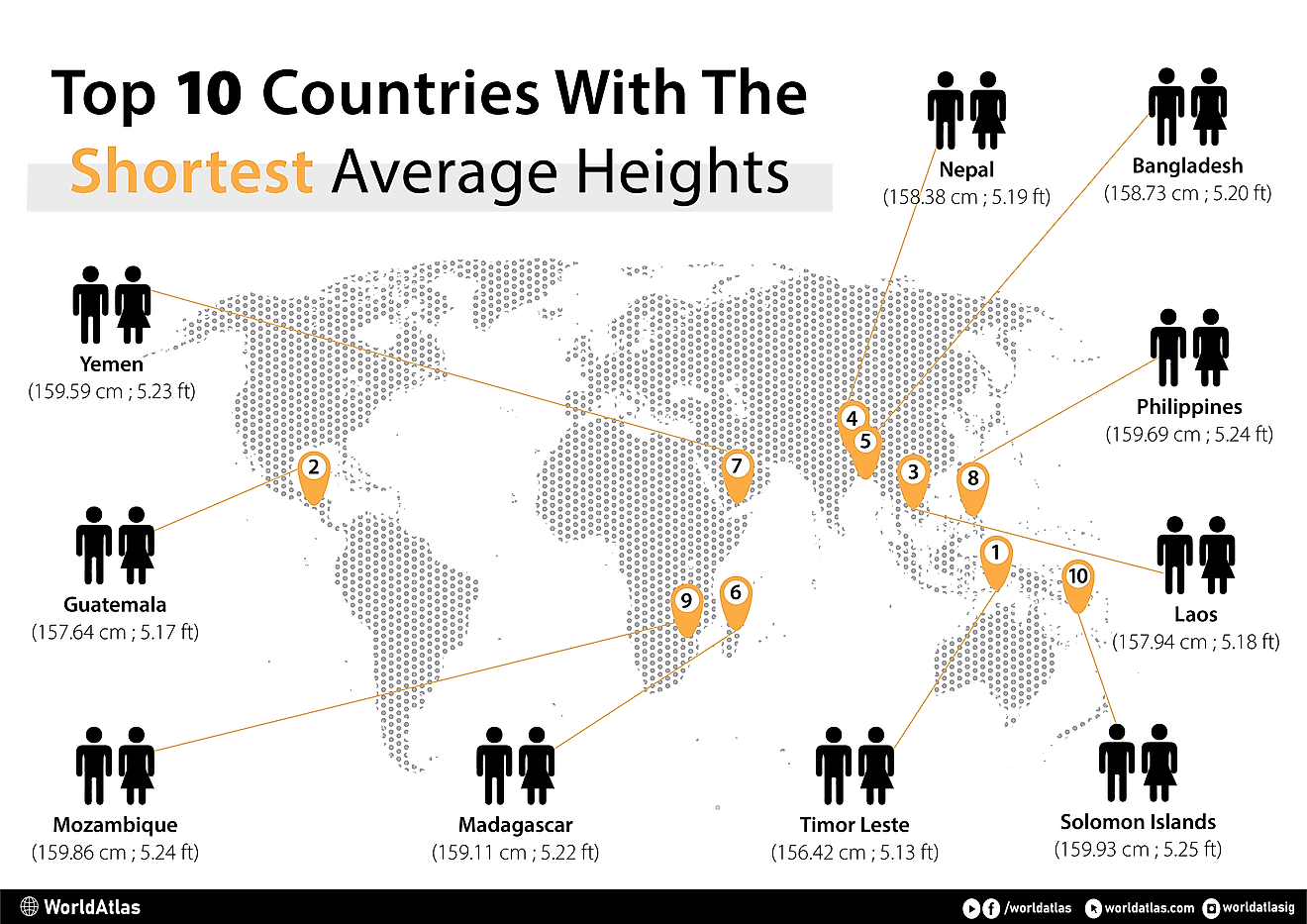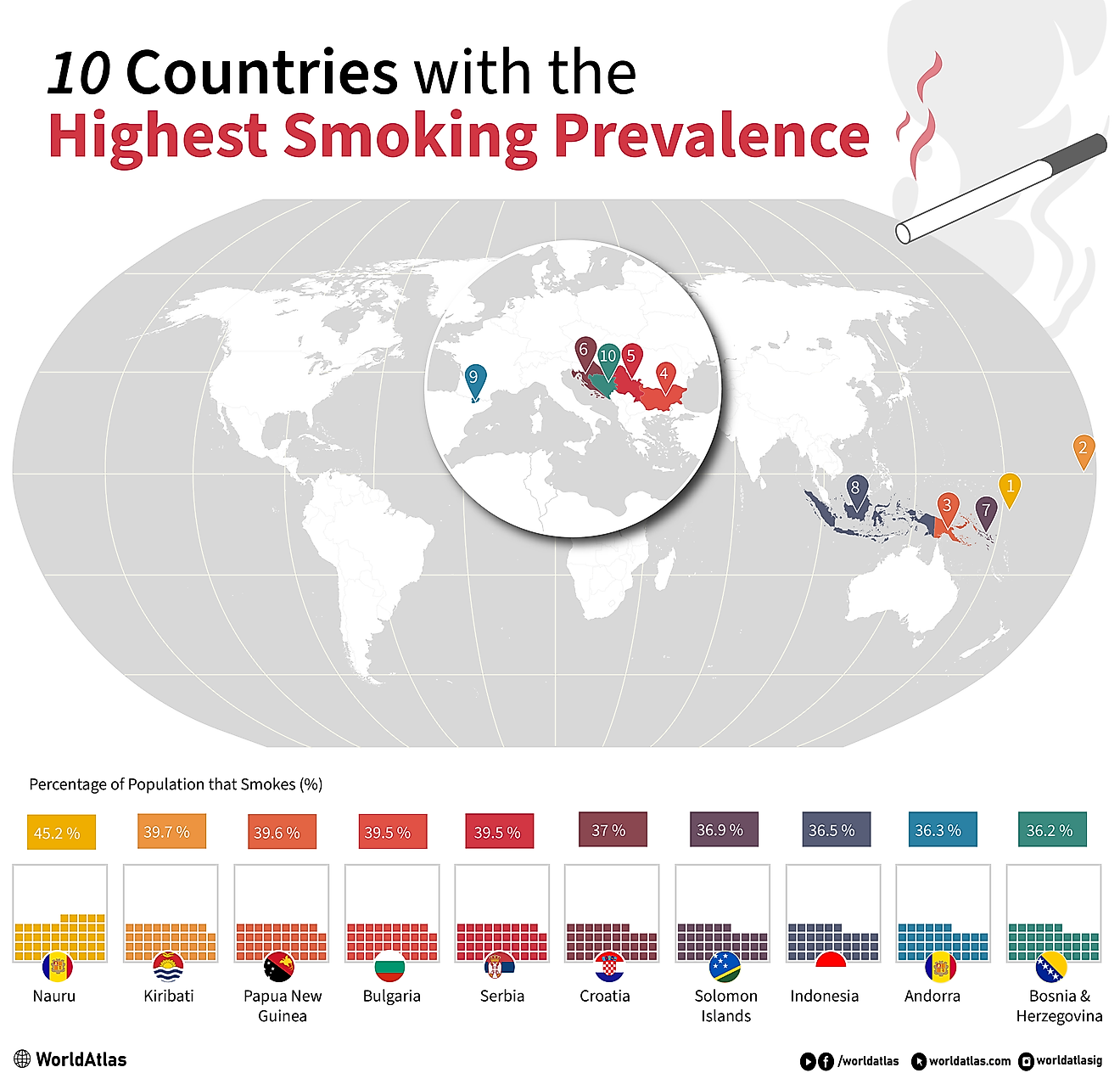Expo '86

What Is An Expo?
A world exposition is an international exhibition held in various parts of the world to bring to the forefront of the world the country’s achievements. Expo '86 (1986 World Expo on Transportation and Communication) was the last fair to be held in North America. The fair was took place in Vancouver, British Columbia, Canada between May and October 1986, under the theme “Transportation and Communication: World in Motion-World in Touch.” Expo '86 was held as part of Vancouver’s centennial celebration and was the second time the fair was being held in Canada with the first, Expo '67, having taken place in Montreal.
Background
Until the 1970s, the site where the Expo 86 was held was under the ownership of Canadian Pacific Railway rail yard. In 1978, an exposition to celebrate Vancouver’s centennial year was proposed by Sam Bawif, who was the then Minister of Recreation and Conservation. The celebration was to take place in 1986 with a proposal for the fair presented in 1979. The fair was to be called “Transpo '86.” Transpo '86 Corporation Act was subsequently passed by the British Columbia in 1980, paving the way for the fair. The theme was based on transportation and reflected the role of Vancouver in connecting Canada by rail and its position as a major port and transportation hub. The planner of the fair planned for a modest expo, but it soon blossomed out into a full exposition leading to many exhibits of the transportation network. The fair was awarded to Vancouver in 1980 with the theme changed from “Transpo '86” to “Expo'86” in 1981. The construction work on the site for the fair was commissioned by Queen Elizabeth II of Canada in 1983 with the expo center opening in 1985 as preview center. The event which was initially budgeted for CAN$78 million cost the organizers $802 million. Thousands of low-income residents of Downtown Eastside were evicted from their homes, many from in SRO (Single Room Occupancy) hotels to create room for visitors. The eviction came within short notice to the tenants as they were subject to British Columbia’s Innkeeper’s Act rather than the usual landlord and renters’ law.
The Fair
The Expo '86 was opened on May 2, 1986, by Prime Minister Brian Mulroney and Prince and Princess Charles and Diana of Wales and featured pavilions from 54 countries and several other corporations. The participants had the opportunity to design their pavilion. Each module was to be 2.5 stories high. The fair was categorized as “Class II” to reflect its specific emphasis on transportation and communication. Some of the countries that took part in Expo '86 include Australia, Belgium, China, France, Indonesia, Italy, Japan, Peru, the UK, the US, and the USSR among other countries. The corporation and NGOs included Air Canada, General Motors, and Telecom Canada. Some of the pavilions and displays included The Great Hall of Ramses II, Pavilion of Promise, Parade of Steam, Air, Land, and Marine Plazas, and the Kodak Pacific Bowl.
Legacy
Expo '86 attracted over 22 million exhibitors and participants and was considered a great success despite the deficit of CAN$311 million. It remains the second major event in British Columbia. Expo '86 is seen as the turning point of Vancouver from a sleepy city to one with global prestige. The western half of the city continues to experience development as a result of the Expo.











